Dear Friends and Family,
Welcome, everyone. Every week, it is pure delight to come to this page with you. Thank you for being here.
The past week has been a slow wander through Vermont. It has been good to be here, settling in again to this US homeland and meandering through New England. I offered last week that I would begin sharing about the experience of nearing home. What has been coming are reflections on the journey, on its conception and touches of what it has shown. Never has it seemed for me alone. So in these days ahead, the thought comes that I cannot really reflect on my journey outside the context of our journey as one collective humanity, which today’s reflections reveal.
Where go I? I will be on silent retreat in the days ahead. For you so inclined to comment, know, as always, that I will respond with eagerness when I re-emerge. . . .
Ever in gratitude and with love,
Renée
At the mid-point of the path through life, I found || Myself lost in a wood so dark, the way || Ahead was blotted out. The keening sound I still make shows how hard it is to say || How harsh and bitter that place felt to me || Merely to think of it renews the fear || So bad that death by only a degree || Could possibly be worse. As you shall hear, || It led to good things too, eventually.1
. . .
Becoming who we are is the immediate responsibility of every being.2
“And when on the final day we all gathered for our final sit before we would gather our things and go, it came to me in a whisper just breaths before the final bell would chime. This is what you must do, the voice urged: Go now into the fire of your every fear, step naked into what moments are to come, own your life and who you are. Tears streaming down my cheeks, not knowing from whence this voice came or who it was but that it was true, I said, yes. I had no idea what would come, but I was bound now to this promise, which would show the moments one by one as steps,”3 steps which somehow put me in the Chihuahuan Desert of New Mexico in December last year and at the Arctic Ocean by way of Alaska in August of this year . . . and today, the Green Mountains of Vermont, some 5000 miles (8000 kms) east and south of that Arctic turn. I am just a few days shy and several hundred miles due north of Garrison Institute where I will circle round on Sunday on retreat again as I was then with Cynthia Bourgeault.4
“She would explore with us what she had spent the year prior exploring herself: twentieth-century visionary philosopher Jean Gebser’s Ever-Present Origin—the words of the title pointing to the idea that Origin, the always present and unfolding beginning, is always everywhere intrinsic to our life and who we are and what we can become.”5 And it is a guiding force.
Do we know we are at an inflection point when the arc that was going like this turns and goes like that? Or is it always in hindsight that we see?
Shafts of rust-stained light break through the morning as I sit behind the wheel waiting for the engine to warm to drive sideways from Stowe, Vermont to Green Mountain Monastery before turning south again toward Garrison. An iron streetlamp is illuminated still, its light amber against the sky thick with grey but for those patches where the break of day breaks through. What light rests on trees casts in stark relief the bare bark of nearly naked deciduous trees. Cedars are blushing, garnering so much attention now, trunk flesh pink, limbs feathery full and winter green.
The drive meanders through a succession of New England towns and villages, winding roads flanked by clapboard houses that date back to a time well before this time. What keeps gathering my eye are church steeples and bell towers, long lines drawn between Earth and Sky. I see the same reach in old tombstones.
It is said that the human turn toward verticality in outward form was a distinct turn in the human being. In long lines drawn toward the sky, awareness of ‘I’ comes to be, whereas earlier in architecture, in the undifferentiated womb of a dome or Grotto, there is as yet no such differentiated awareness that distinguishes you and me.6 How did such turn—a point of inflection—in the human come about? What if it was by and through and with Origin itself? What if that turn never stopped turning and is today helping see us through?
Arriving Green Mountain Monastery, home, too, of the Thomas Berry Sanctuary, I park along a forest grove, the monastery not yet in view. When I step down onto the gravel, the crunch beneath my feet is met with a chorus of birds, their song not unlike that of a red belly woodpecker only throatier. I greet them and turn to walk the last stretch. The birds come along, ushering me some fifty yards down the drive until I reach a clearing, the monastery now in view. Now comes a song altogether new.
It comes as a whisper like that of a hoot owl, but the arc is longer and drifts off more slowly, softly, almost imperceptibly coming to an end before another sound of the arc begins. I later learn it was a black bear who sang and brought me quite invisibly to the door where I would enter a wood-walled timber-frame hall, illumined by stained glass, light warm and enveloping. I am here by yen from a sacred friend in Thomas Berry who years ago introduced me to the work of Cynthia Bourgeault.
I am welcomed by the Sisters of the Earth Community who co-founded this eco-monastery with Thomas on the eve of the turn of the twenty-first century, their mission that of “Earth healing and protection within the Eco-Zoic Era”—ecozoic, meaning, house of life. It is a word coined by Thomas himself to refer to the “emerging era where we learn to live as mutually enhancing members of this Single Sacred Community.”7 The Sisters invite me to their hearth to sit in silence before we break bread at their table. We dine on soup thick with lentils and warming aromatics that brush off the lingering morning chill, along with carrot muffins and tea and talk of their work there and this journey of the past year. Light pours through windows that look out across eons, and I have the sense we are being fed from one common hope across all time.
Never has this journey not been met and guided so.
Over the days, I return to notes from that retreat with Cynthia two years ago.
. . . huge erosion of everything we’ve known; humankind on the cusp. Gebser helps us understand that cusp. It’s not accidental. It’s the waning of an era. The real work is to cooperate intelligently. . . . Do not despair. We need/have the courage to stay present. . . .
Originary presence, as fullness of love, comes to meet you.8
My thoughts are of then and now—my own life then, all of us now. I was in dark wood. We humans are in a dark wood. The way ahead seems blotted out.
I journeyed through a certain hell, and now I near home, changed. We are at this time journeying through hell to make our way home—home to a new way of being as one collective humanity.
What is the inner impulse when standing in the dark? Is it not to reach knee-jerk for the light switch? For a grab to hold to steady the next step? What is it that wants relief? Is it not fear itself?
What is the impulse when traveling? Is it not to know where to next and what we’ll do? What is it that wants to know? What is behind the need to know if not the hope in certainty? And what is the hope in certainty if not the illusion of control?
Do you see they are intertwined? Dark and certainty? Fear and control?
It could be said that a journey—any journey, wholly within or across many miles—is a “re-humanization of what it means to be human.”9 It is an answer to a call “into the depths of the human soul.”10 It is a decisive step toward becoming who we are.
I was lost in such sorrow, I could not not answer the call. The sorrow was an inflection point. Every one of us comes to such points—if we’re lucky. And the same is so of the collective body we call humanity.
If this journey of mostly silent days and of not knowing what and where to next has revealed anything at all it is this:
We need/have the courage to stay present. Courage is a presence to see us through. It comes as grace. It does not ask for sorrow or fear to go by the wayside. It says, I am here with you, and I will see you through. It does not suppose to have all the answers. Nor does courage show up with a plan. Courage comes in the present now and says, Let me take your hand.
That’s all. Nothing more. Courage is an act of active surrender. And we can trust it, still ourselves in it, and let it guide our way.
Dante, The Divine Comedy, Book 1, Hell, Canto 1, trans. James Clive (New York: Picador, 2015), p. 3.
Thomas Berry, quote on Green Mountain Monastery and Thomas Berry Sanctuary website. https://www.greenmountainmonastery.org
I wrote these words in July shortly after arriving Alaska. “Hiatus in Haines”
Rev. Dr. Cynthia Bourgeault is a modern day mystic, Episcopal priest, scholar, and writer. Her work nurtures a wisdom way of being, calling from Western mystical and esoteric wisdom traditions. Numerous books include: Wisdom Way of Knowing, Eye of the Heart, The Corner of Fourth and Nondual, Mystical Courage, The Holy Trinity and the Law of Three. https://www.cynthiabourgeault.org
“Hiatus in Haines”
Jean Gebser, The Ever-Present Origin, trans. Noel Barstad and Algis Mickunas (Athens, OH: University of Ohio Press, 1953), pp. 10–11.
Mission Statement, Green Mountain Monastery. https://www.greenmountainmonastery.org/our-mission.php
Notes taken during Cynthia Bourgeault talk, Garrison Institute, December 10, 2021. I take notes when Cynthia speaks. As with Thomas, as with Gebser, as with all luminaries, Cynthia seems to transmit from a deep well of diaphaneity, as if through them light does see.
Peggy Whalen-Levitt, The Place of Our Belonging: A Work for Children and Educators Mentored by Thomas Berry (Greensboro, NC: Center for Education, Imagination and the Natural World), p. 84.
Ibid.






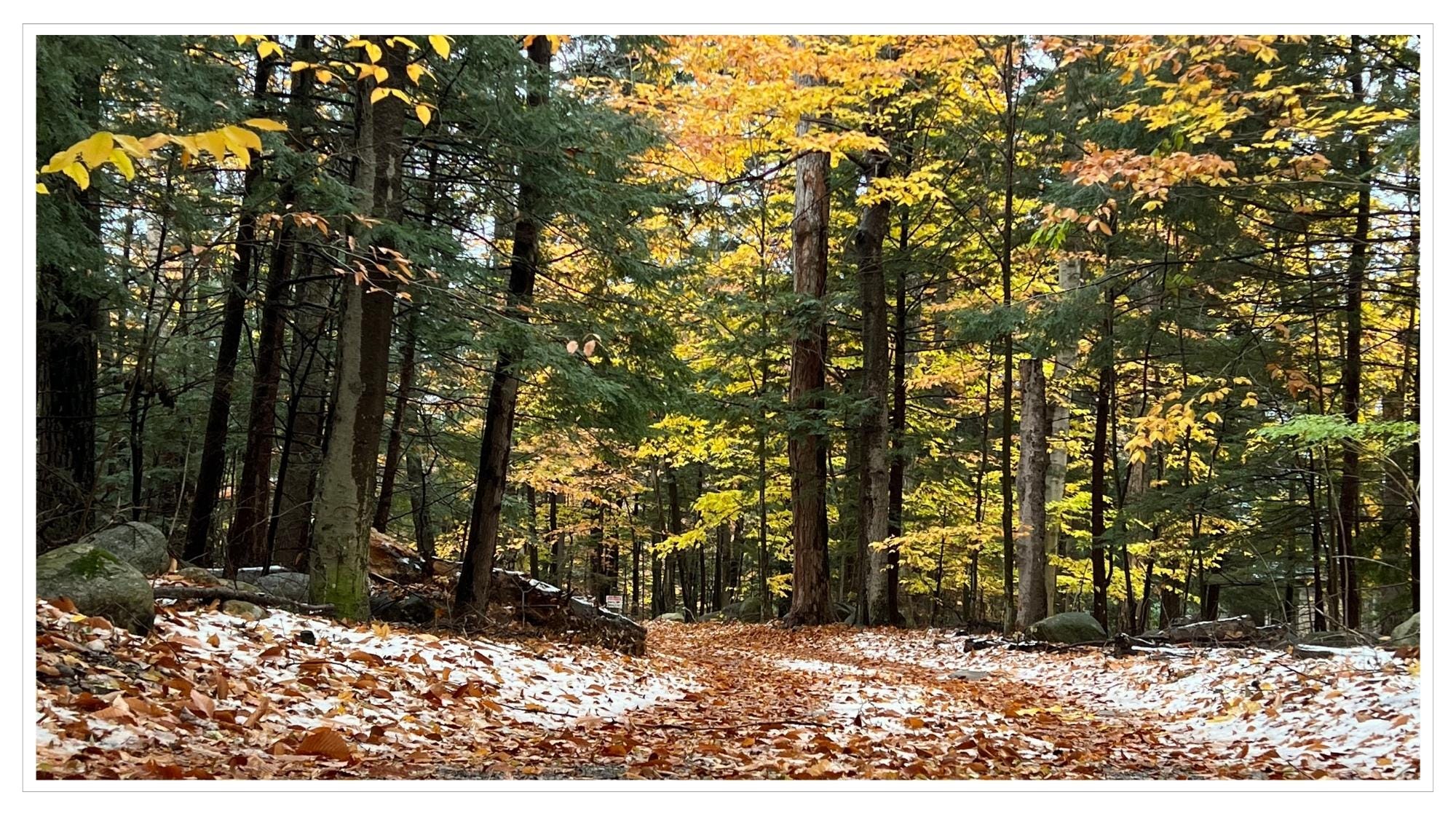
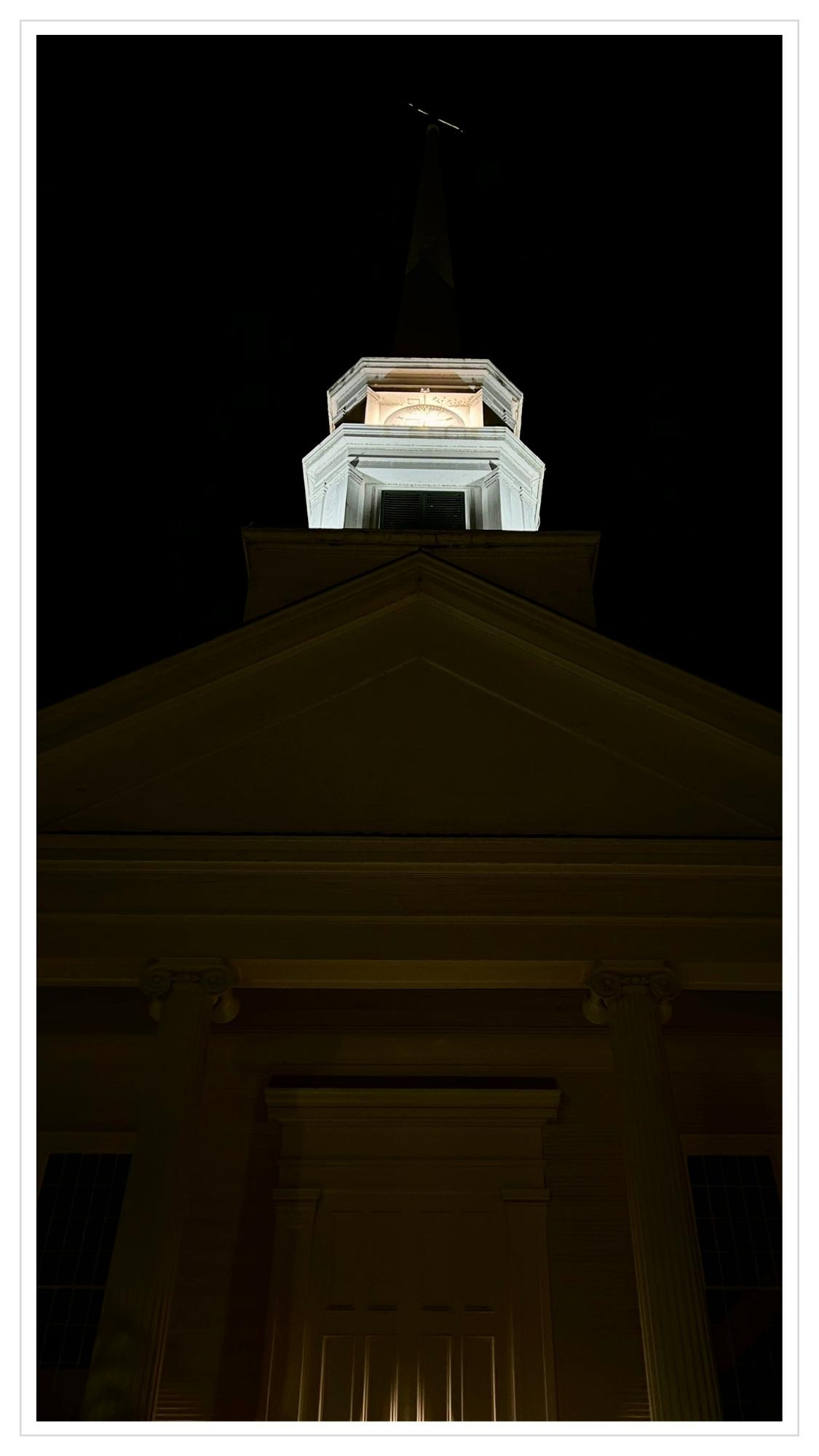
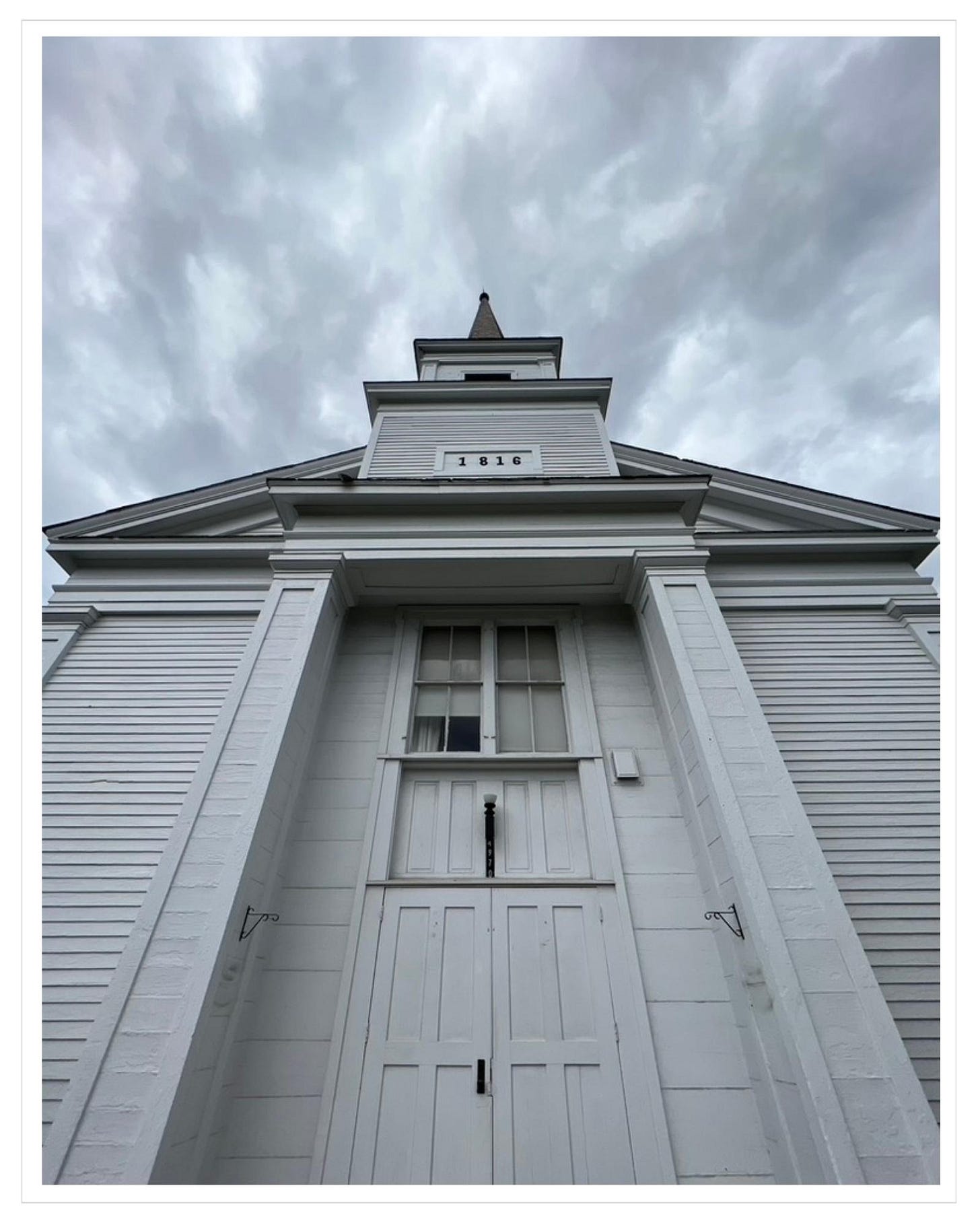
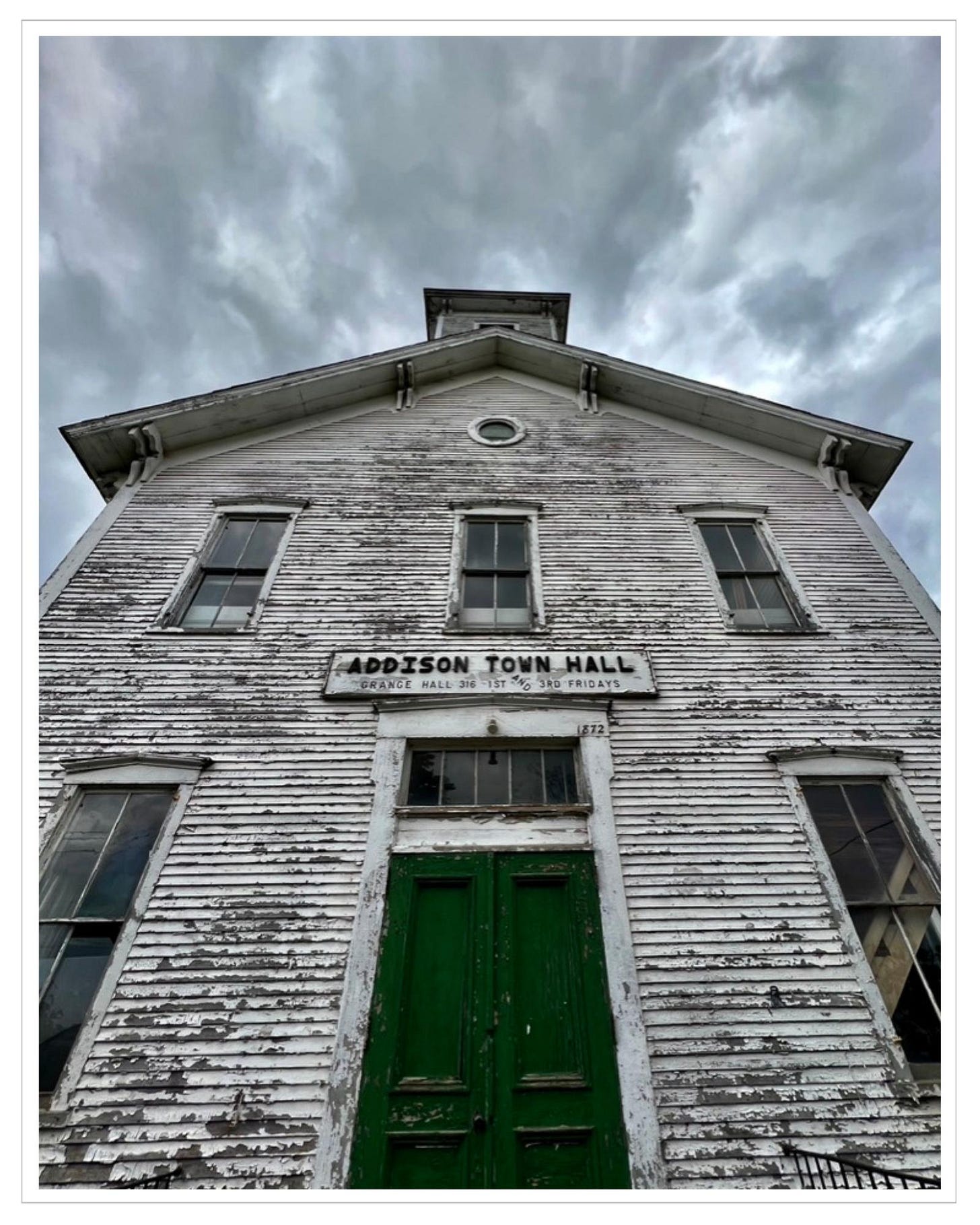
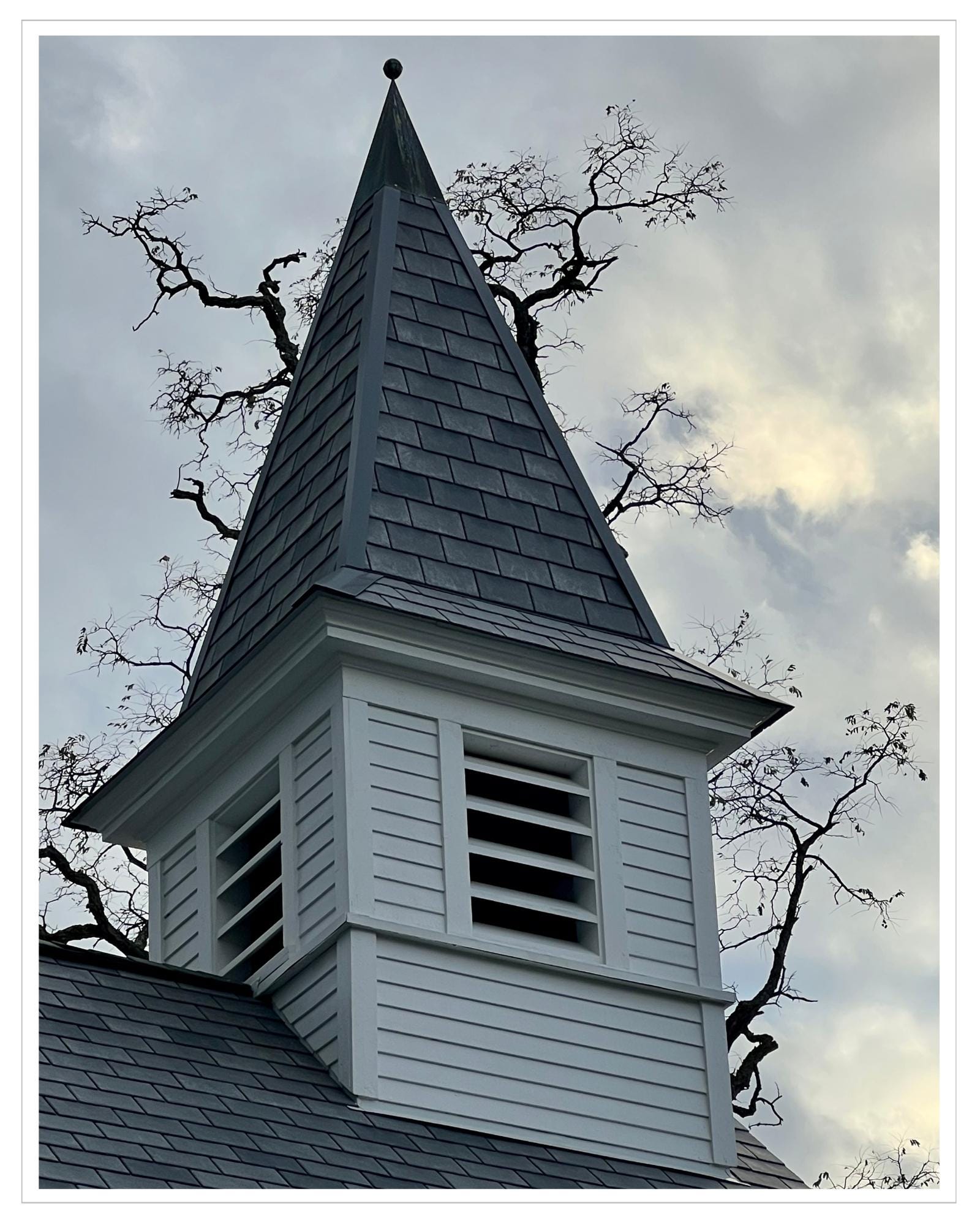

The courage to stay present. That really is what is being asked of us now as humans; perhaps more than ever. And allowing all of the present to be experienced; the joy and the sorrow, the pain of all the suffering, and the deep pleasure of seeing people alive and whole; and always, always, loving the beauty of the natural world. We have to allow ourselves to feel, hear, and see it all; to take it all in; in all its fullness. To hide and deny is such a waste of time and brings no true respite. To join with others is also crucial to our well being as we all face the truth of our present moment together as a species. I've been thinking it's more about surrender to what is that is the key, and have not considered the role of courage, but it really does take courage to surrender to the truth, and to continue to remind oneself over and over to find that courage in the face of feeling too overwhelmed by it all. From Mark Nepo: "We keep looking for a home, though each of us is a home. And no matter where we run, we land before each other thoroughly exposed. This is the purpose of gravity; to wear us down until we realize we are each other. Though we think we're alone, we all meet here. And though we start out trying to climb over each other, we end up asking to be held. Some of us just take longer to land here than others. Once worn of our pretense, it's hard to tolerate arrogance. Once humbled, it's hard to tolerate a litany of "me". Once burning off the atmosphere of self-interest, there's a tenderness that never goes away. This tenderness is like sonar by which we sense the interior of life. This tenderness is the impulse that frees us. Anything is possible when we let the heart be our skin. The point is to feel whatever comes and not conclude it out of its aliveness. The unnerving blessing of being alive, is that it can change us forever. I keep discovering that everyone is magnificent, lovable, and flawed." That takes courage: to see everyone that way.
Dear Renee, a bit like the White Rabbit, I am late, late for a very important date! Like everything this week it is taking me time to do things this week and so I arrive in a slightly stunned way feeling as though I've woken from a deep sleep. I hope that you had a restorative retreat and I'll be there at the next stop. Louise x